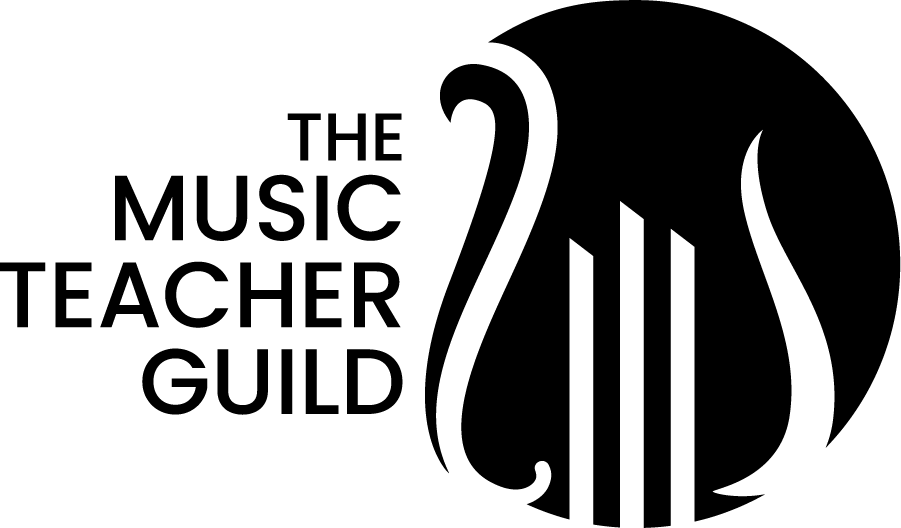Effective Community Building Strategies for Music Teachers
In the world of music education, being a solo act can feel overwhelming. While the passion for teaching is strong, the challenges of staying updated, engaging students, and finding new resources can be daunting. This is where the power of community comes in. Building a strong network isn’t just about professional growth; it’s about creating a support system where music teachers, students, and families thrive together. Whether you’re just starting your teaching journey or looking to expand your current circle, effective community-building strategies can transform your experience and amplify your impact as an educator.
Now, let’s dive into the full article!
Building a thriving music education community is an essential part of being a successful music teacher. A strong network can provide support, inspiration, and valuable resources that enrich both teaching practices and student learning experiences. In this post, we’ll explore effective strategies that music teachers can use to create and foster vibrant communities, both in-person and online.
1. Leverage Local Resources and Networks
To kickstart your community-building efforts, begin by tapping into local resources and existing networks. Establishing connections within your local area can provide a solid foundation for building a supportive and engaged community.
Connect with Local Schools and Libraries: Partner with nearby schools and public libraries to offer joint music programs, workshops, or performances. By collaborating with these institutions, you not only reach a broader audience but also showcase the importance of music education in your community.
Partner with Local Businesses: Consider reaching out to music stores, coffee shops, or local venues for event sponsorships or collaborative projects. Hosting a recital at a local café or a "Music Night" at a community center can attract new students and create a buzz around your teaching studio.
2. Create Online Communities and Forums
In today’s digital age, building an online community is just as important as connecting in person. The internet offers countless opportunities to engage with other music teachers, students, and parents, regardless of geographic location.
Utilize Social Media Platforms: Create a Facebook group or Instagram page dedicated to your teaching community. Share tips, success stories, and upcoming events to keep members engaged. Encouraging members to share their own experiences and ideas can foster a sense of belonging and collective growth.
Host Virtual Meetups and Webinars: Organize virtual meetings where music teachers can exchange ideas, discuss challenges, and learn from one another. Webinars on specific topics like "Incorporating Technology in Music Lessons" or "Creative Repertoire Selection" can be valuable for teachers seeking new approaches.
3. Organize Collaborative Workshops and Events
One of the most effective ways to build a strong music teacher community is through collaboration. Workshops, joint recitals, and other events offer opportunities for shared learning and networking.
Plan Joint Recitals: Collaborate with other music teachers to host joint student recitals. This not only reduces the workload but also provides students with a wider audience and the chance to hear their peers perform, fostering a sense of camaraderie among young musicians.
Initiate Teacher Exchange Programs: Partner with fellow music educators to organize skill-sharing sessions or exchange programs. Whether it’s a piano teacher learning new vocal techniques or a violin instructor picking up guitar tips, these exchanges can enrich teaching methods and broaden expertise.
4. Engage Parents and Students
Building a strong community involves more than just connecting with other music teachers. Engaging parents and students in the process can create a more holistic and supportive environment for learning.
Create Opportunities for Parent Involvement: Parents play a crucial role in supporting their child's musical journey. Consider organizing parent-teacher meetings, volunteer opportunities at recitals, or family music nights. These activities can foster stronger relationships between parents and teachers, making them feel like active participants in the learning process.
Encourage Student-led Initiatives: Empower your students by involving them in community-building efforts. Whether it’s organizing a small concert in the neighborhood or starting a student-led music club, giving students a platform to lead can boost their confidence and foster a sense of ownership in the community.
5. Continuous Professional Development
A strong community is one that continually evolves and grows. Staying connected with the broader music education field through professional development can enhance your teaching practices and open up new avenues for networking.
Join Professional Associations: Becoming a member of organizations like the National Association for Music Education (NAfME) or the Music Teachers National Association (MTNA) can provide access to valuable resources, networking opportunities, and professional development events.
Attend Conferences and Workshops: Make it a point to attend local, regional, or national music education conferences. These events are excellent for meeting like-minded educators, learning about the latest teaching techniques, and finding new tools to enhance your curriculum.
Conclusion
Building a strong music teacher community takes time and effort, but the rewards are well worth it. By leveraging local resources, creating online forums, organizing collaborative events, and involving parents and students, music teachers can cultivate a supportive network that enhances their teaching and enriches the learning experience for their students. Remember, the first step is often the hardest—so start small, reach out, and watch your community grow!
Ready to build your music teaching community? Start by connecting with a fellow teacher or joining an online forum today. The power of collaboration and shared knowledge can transform your teaching practice and the experiences of your students. Let's make music education a community effort!

